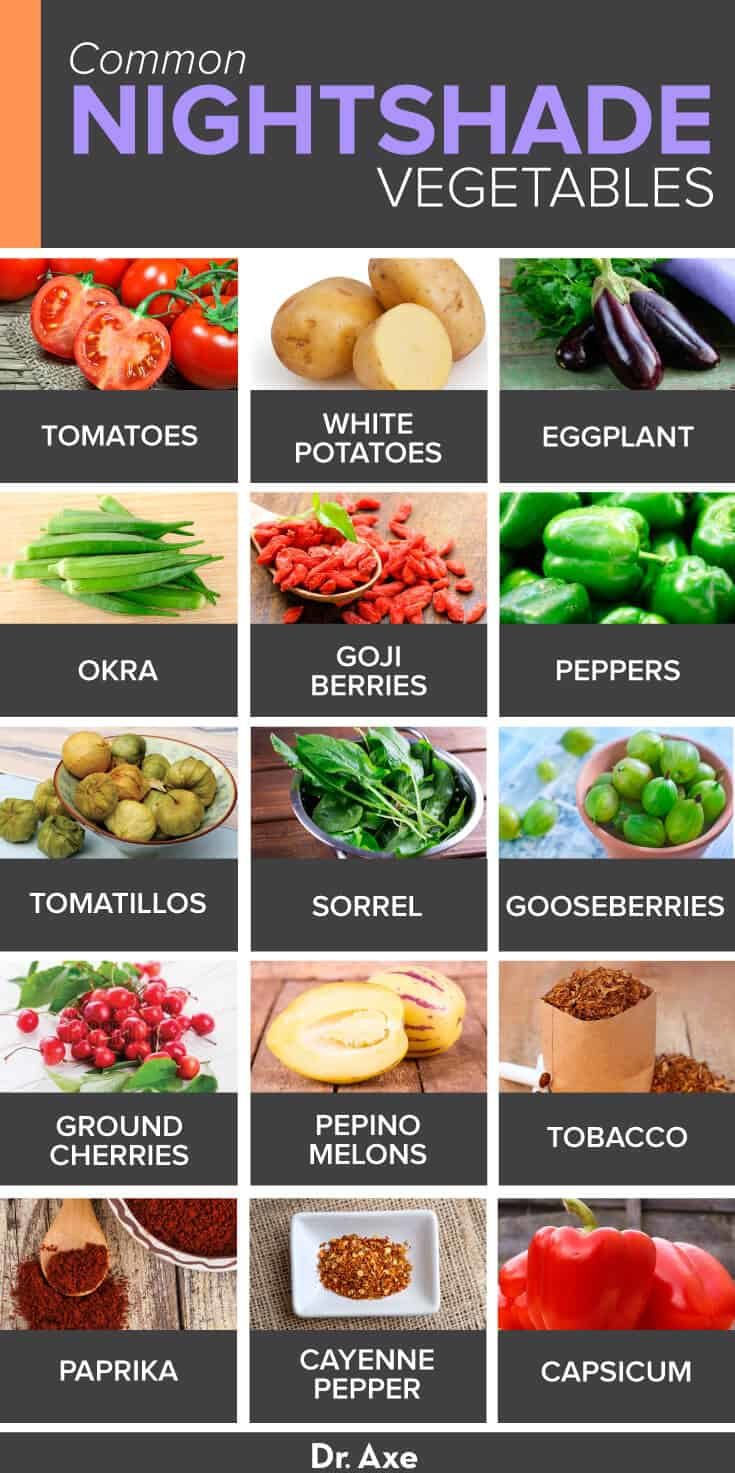Nightshades and Arthritis
- Dawn Westrum

- Apr 22, 2024
- 1 min read
Do you experience joint pain, arthritis, inflammation, red skin, heartburn, increased autoimmune problems, or gut issues? Is it worse the day after you eat salsa, french fries, or pasta w/marinara? Most people are not sensitive to nightshades, but you may be. We suggest eliminating nightshades for a month, and then attempting to eat them again. If your symptoms come flaring back up, these foods may be a trigger for you. If you find you are sensitive, then peeling and deseeding might help, or cooking with a pressure cooker.
Nightshade originated in the Americas, and as such are a recent addition to the human diet. That’s right…tomatoes and potatoes were unknown in Europe until several hundred years ago.
Nightshades are a botanical family of plants known as Solanaceae. This family has more than 2,000 plant species, most of which are inedible or poisonous. The edible plants can cause adverse food reactions in individuals with certain autoimmune diseases. They are especially troublesome for people who are sensitive to lectin, saponin, or capsaicin.
Common edible nightshades include the following and their varieties: ashwagandha, bell peppers, cape gooseberries, eggplant, garden huckleberries, goji berries, hot peppers (e.g., chili, jalapeno, habanero, and scotch bonnet, as well as chili-based spices like cayenne, chili powder, crushed red pepper, and paprika), naranjillas, pepinos, pimentos, kava kava, nicotine, potatoes (except sweet potatoes), tomatillos, and tomatoes.
Want to learn more? https://draxe.com/nutrition/nightshade-vegetables/





Comments